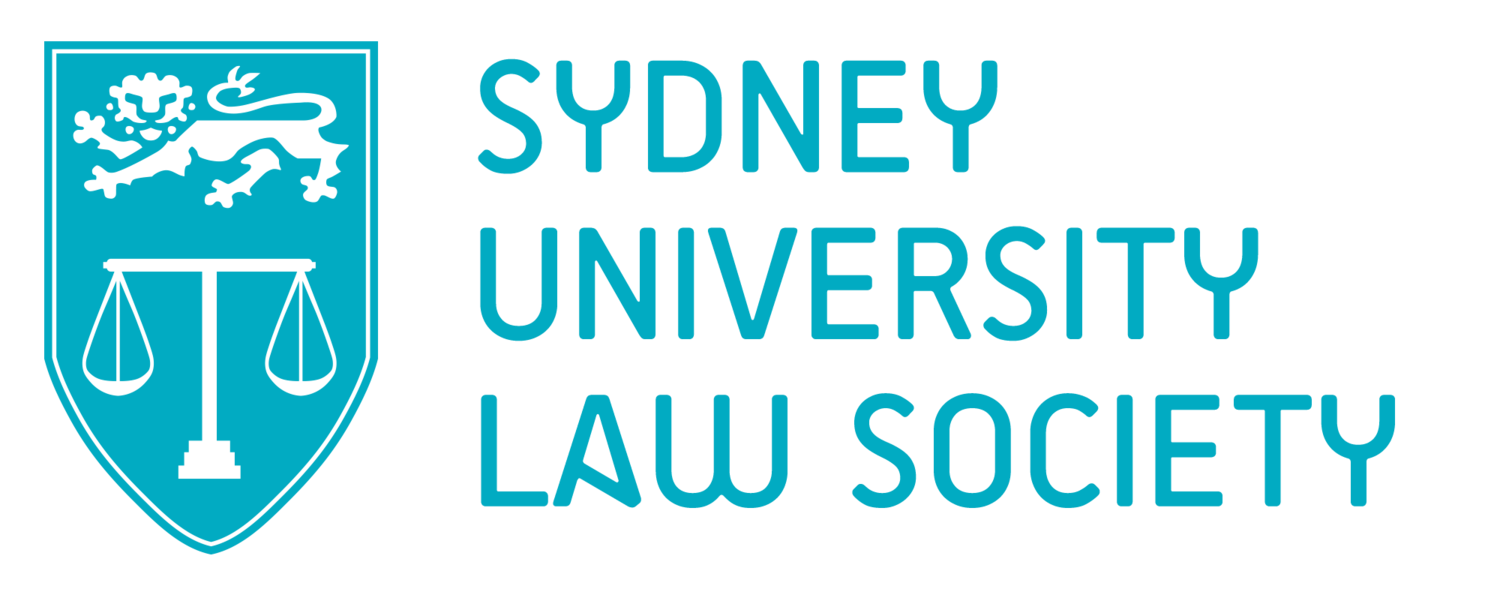Brecht Valcke
1. Why did you choose to come to Sydney Law School?
3 reasons:
(1) USYD has a strong reputation in international law and international arbitration, which are the areas of law I loved during law school and have since specialized in. This is evidenced by the fact that USYD’s JD prescribes the Priestley 11 subjects, the minimum requirement to qualify to do PLT and become admitted as a lawyer in NSW, + 2 international law subjects (private and public). And I knew Prof. Chester Brown was a professor at USYD. He was my professor for Public International Law and also moved my admission to the Supreme Court of NSW later on
(2) Sydney has a bigger market to find work in international law and international arbitration.
(3) When I made my decision I had already lived in Melbourne for a year where I graduated from an LLM at the University of Melbourne. So I decided to experience and compare living in the other major Australian city (Sydney)
2. What countries have you worked in?
Australia, Sydney: Paralegal at Spruson & Ferguson Lawyers Pty Ltd (IP); and currently as a solicitor at King & Wood Mallesons (International Arbitration)
New York, USA: 6month internship at Office of Legal Affairs, United Nations Headquarters
Brussels, Belgium: in-house lawyer at Quintiles (an American multinational corporation providing services to the biotech, medical and pharmaceutical industry)
3. Did you have a part-time job while at Uni?
No, on a student visa I could only work 20hours per fortnight during school times. Because I fast-tracked my JD in 2 years by doing extra courses and exams during each holiday, I was constantly hamstrung by the work right restriction.
4. Did you consider applying for non-legal positions?
No.
5. Extra-curricular activities you got involved in (societies, clubs, athletics)?
I played Rugby Union for Sydney University and SULS
I also had a a touch-rugby team in a social competition with friends from the law school
6. What is the most important tip you would give to international students before they go in for an interview?
Research the firm thoroughly, know your CV and resume in detail so you can answer any question about it and prepare questions to ask. Mostly, the interview is an opportunity for you to find out information about the firm which you could not have researched yourself. It’s important to find out whether you would like to work for that firm and for the firm to find out whether you would be a good fit for them, so tell them why you would be a better fit than the next person.
7. If you had it to do all over again, what would you do differently?
Try finding a job as a law clerk from day 1. Attending meetings from the NSW Young Lawyers and attending professional seminars. This all creates a network which will help later on when trying to find a job and also helps to find out where jobs are available.
8. How did Sydney Law School help prepare you for your current career?
Sydney Law School provides you with the skills to analyse a problem, find the tools (law, cases, etc) to solve the problem. My day to day job is more about knowing where to find the law and finding arguments to the problem that are in the best interest of the client than it is about knowing the law by heart.
9. Biggest Challenge and how you got over it/did you ever get over it?
Getting Permanent Residency. Without PR it is very hard to convince an employer you are going to stay in Australia long time and you should be offered a job. After graduating from the JD on a student visa, I applied (and paid) for a temporary graduate student visa, which granted my full working rights for 1 year. In that time I worked as a paralegal while completing the PLT. Once completed the PLT and got admitted as a lawyer to the SCNSW and paid for the practicing certificate for a solicitor in NSW, I was eligible to apply for independent skilled migration, which is PR. After a bit less than 1 year waiting time, I was approved for PR. I have now also completed all requirements to become a citizen and will have my citizenship ceremony on 12 April.
10. What was your experience like getting a job after you graduated? How long did it take you to find a job?
I didn’t use any on-campus career services.
After graduating the JD I did an internship at the UN in NY. While there, I applied for paralegal positions in Australia and after doing a skype interview, I was offered a position before I returned. The day after returning from New York I started the paralegal role in Sydney. During this time I concentrated on completing the PLT and getting PR. In the meantime I networked by meeting up for coffees with as many people as possible, relevant in the field of law I am interested in working in, i.e. international law and international arbitration. I worked as a paralegal for 22 months. I then took a couple months off to meet up with my family overseas, while applying for solicitor positions, which brought me to my current position as a solicitor in the international arbitration team of King & Wood Mallesons of Sydney.



